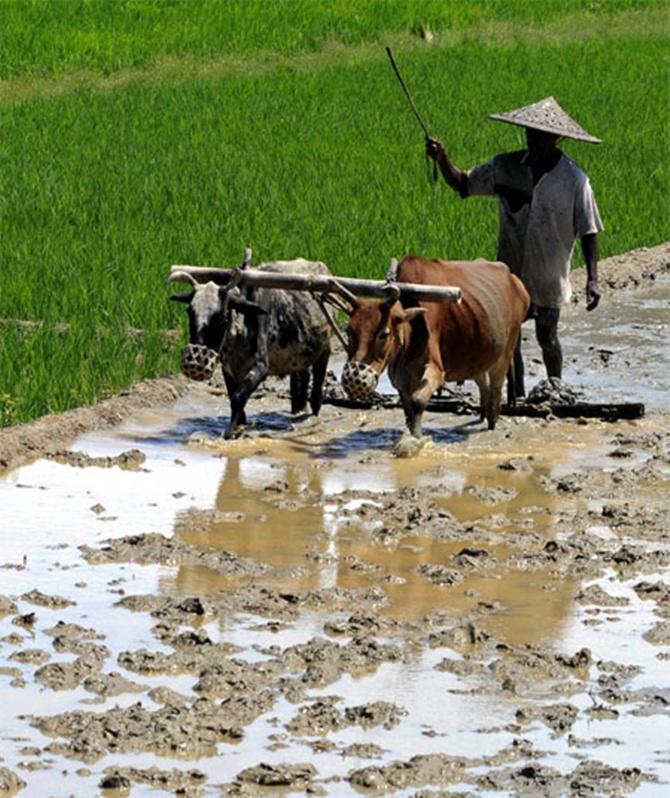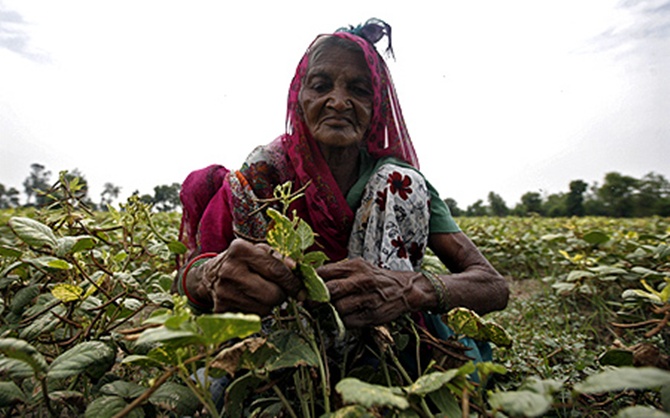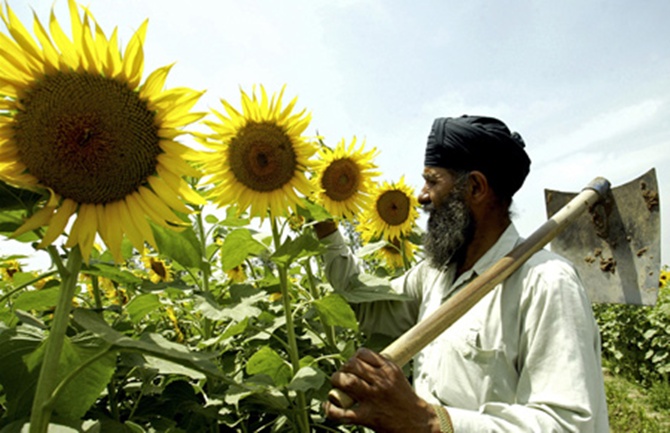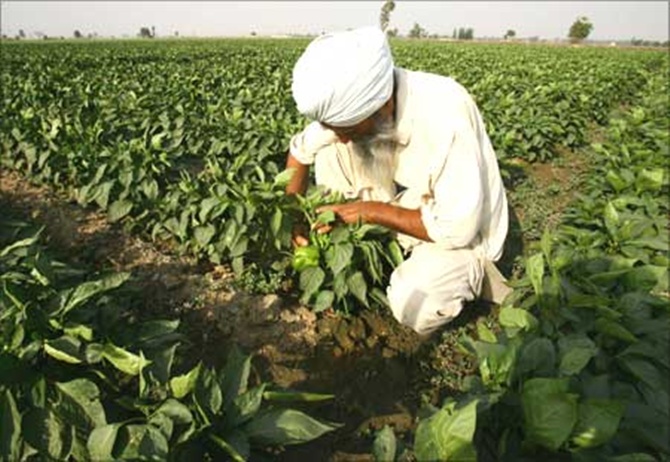 | « Back to article | Print this article |
After House okay, land Bill gets India Inc red flag
The Lok Sabha on Thursday adopted with an overwhelming majority a more consultative process of acquiring land - but also more rigorous and time-consuming — to replace an antediluvian law dating back to 1894. The Bill was passed with 216 votes in favour and 19 against it.
The ‘Right to Fair Compensation and Transparency in Land Acquisition, Rehabilitation & Resettlement Bill, 2012’ seeks to give a fair deal to farmers losing their land, especially multi-crop land, to industrial needs. But industry complained the law would push cost and timeframe for setting up new enterprises.
The policy to be adopted in the case of arable land had been left to state governments, Rural Development Minister Jairam Ramesh said, as three states - Kerala, Haryana and Punjab - represented to the Centre that all land in their state was multi-crop and if there was a bar on selling such land to industry, there would be no industrialisation in their states.
Click NEXT to read more...
After House okay, land Bill gets India Inc red flag
The Bill also offers industry the option of leasing land from farmers. It provides land losers compensation of up to four times the market value in rural areas and two times in urban areas.
It also prescribes identification of project-affected families through a social-impact assessment, after which consent of 80 per cent of such families — people deriving their livelihood from the land in question for three years before the acquisition — must be taken.
Tenants and sharecroppers have been included among beneficiaries for compensation and rehabilitation & resettlement (R&R).
The clauses of the Bill will apply with retrospective effect in three circumstances: If land has been acquired by any entity (government or industry) and no compensation has been given; if compensation has been awarded but 50 per cent or more of the farmers have not accepted compensation; and land was acquired five years ago but no compensation has been paid or no possession taken.
Click NEXT to read more...
After House okay, land Bill gets India Inc red flag
These rules will apply to land acquired for special economic zones (SEZs) as well. On land taken back, whether it should be returned to the original owners or attached to a state government’s land bank has been left to states to decide.
The Bill says that the much maligned ‘urgency’ clause, under which land could forcibly be acquired on the ground of ‘urgency’, will cease to exist, except in the cases of defence, national security or natural disasters.
During the debate in the Lok Sabha, the Bharatiya Janata Party (BJP), the main Opposition, questioned the Bill on various counts — from the urgency clause to the broad definition of public purpose that allows acquisition for almost any private project.
Click NEXT to read more...
After House okay, land Bill gets India Inc red flag
BJP chief Rajnath Singh said while the Bill sought to protect farm land, it left the final decision to state governments, and not farmers.
The Bill, which was drafted and redrafted several times and vetted by a group of ministers led by Agriculture Minister Sharad Pawar before finally being brought to its present form, emphasises on providing fair compensation and R&R to those parting with their land due to acquisition. It incorporates the suggestions made by a standing committee and the group of ministers.
Bharatiya Kisan Union, a farmers’ group, said the legislation would be a disaster for farmers. Its leader Yudhvir Singh said circle rates were being considered for compensation which would short-change farmers.
Activist Medha Patkar told Business Standard the government had kept itself out of the need to seek people’s consent. She also criticised the all-cash compensation and relief offered under the Bill. Cash can’t compensate loss of livelihood, she said.




